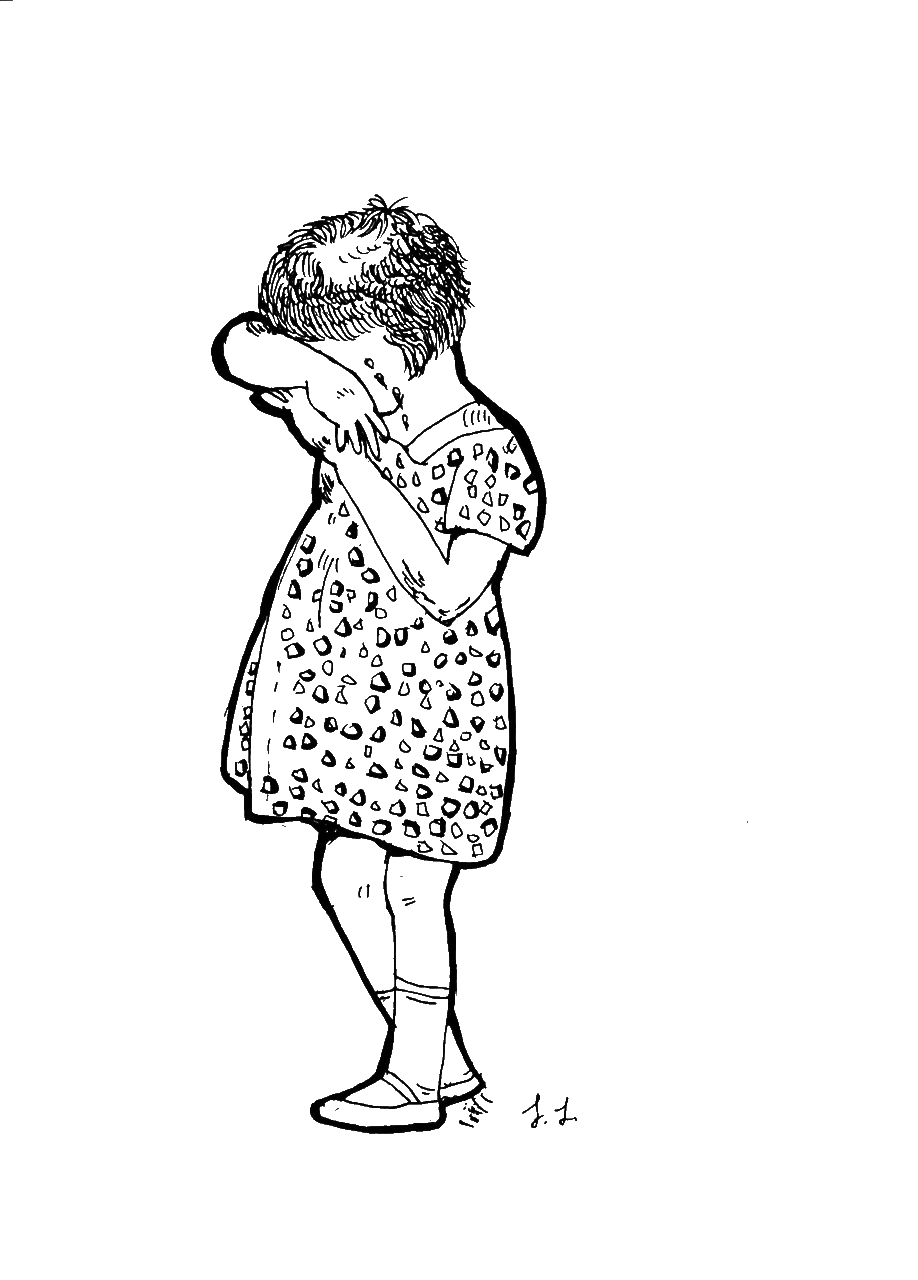
Susanna Liu
I used to cry, a lot. I would go out of my way to avoid upsetting someone, and out of my way to avoid someone I’ve upset. I hated the confrontation. Someone could raise their voice slightly, and then, I wouldn’t be able to control myself; my skin would get hot, my face would get flushed and the tears would begin to spill. It was one of the things I hated the most about myself. How could I go on to do any of the things I wanted to do if at the smallest sign of a disagreement I couldn’t help but cry?
I realized the habit derived from my emotions brewing just beneath the surface. Addiction and substance abuse were major issues in my childhood home. It was hard to grasp the severity of such a situation, as it was so beyond my realm of understanding. Falling behind in my classes and struggling to comprehend core topics became characteristic of my school life. Not only did I not know how to talk about all these things, I simply didn’t want to. Rather than pursuing a counselor or journaling, I acted as if nothing bothered me. This is what made me incapable of expressing emotion in any other way besides tears.
For some reason being perceived as stoic and apathetic is immensely idealized in our culture. The most memorable of antagonists are those who show no weakness. People fall head over heels for the person who seems to be the least interested in them in the room. Even on our campus, we further the philosophy of suffering in silence. It seems as if we’re afraid that if we respond to hardship in a sincere way, which is always warranted, we’ll be seen as someone less capable. This fear is especially prevalent in womanhood as these sentiments are the hallmarks of debates regarding women in positions of power — they’d be too emotional. I’ve never understood the allure of apathy.
By acting as if I was above feeling, I was the cause of my own struggle. The root of this struggle was my inability to accept emotion at all. Bottling up my feelings only lead to them spilling out later on — in the absolute worst of scenarios. In making the decision to reject the irrational appeal of externalized indifference, I made the decision to try to wear my heart on my sleeve as often as I could.
Over time it’s become more difficult to do so. When everyone seems to be doing well, juggling activities with classes with social lives that all seem to be better than yours, and you feel as if you’re drowning, why would you speak up? As students on a prestigious campus, we habitually take on more than we can chew. We get exponentially less than the recommended hours of nightly sleep, and we skip basic acts of self-care in order to get ahead in the areas in which we feel best. The feeling that you’re the only one who can’t handle it, who for some reason is unable to ‘succeed’, is something no one wants to feel.
However, there is merit in accepting and working through these anxieties. Riding the waves of negative emotions as opposed to trying to act as if they don’t exist allows us to learn about ourselves and nip our fears in the bud. Too often, one bad day can consume a whole semester that can turn into a bad year. With resources like our residential college deans, academic advisors, mental health services and extraordinary friends, suffering in silence should never be an option. Next time you’re hurt, address it. Next time you’re frustrated, talk about it. Next time you want to cry, cry.
Leila Jackson is a sophomore in Saybrook College. Her column runs on alternate Thursdays. Contact her at leila.jackson@yale.edu .







